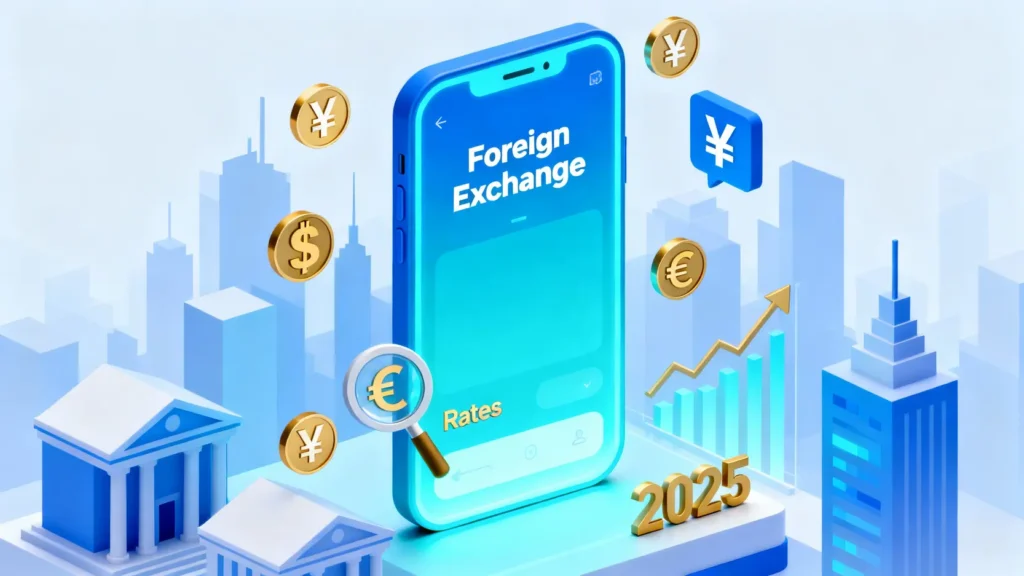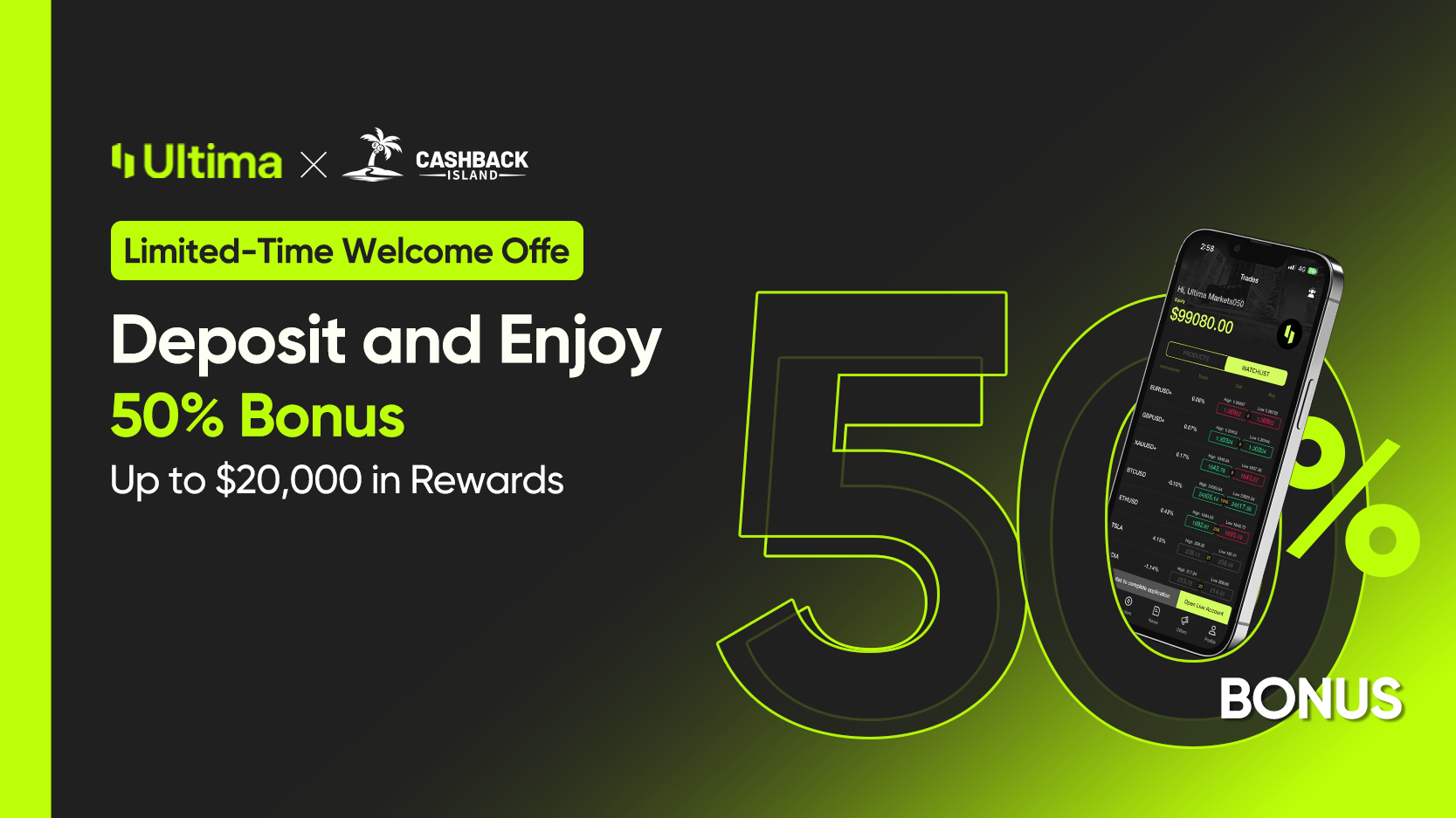2025 Nasdaq Futures Platforms: Best 5 Brokers & Fees Guide
【2025】Top 5 Nasdaq Futures Trading Platform Recommendations, Broker Comparison, Fees, and Account Opening Guide

With so many Nasdaq futures trading platforms available, do you feel overwhelmed and unsure how to choose? High fees and unstable trading apps can significantly erode your profits. To find the Nasdaq futures trading platform that suits you best, you must conduct a comprehensive Nasdaq futures broker comparison from multiple angles, including regulatory safety, trading costs, and software experience. This article provides an in-depth analysis of the top Nasdaq futures brokers on the market, covering regulatory licenses, trading costs, and reviews of the best Nasdaq futures trading apps. It offers a complete practical guide to help you easily find the right investment partner and take the first step toward steady trading.
Five Core Criteria for Choosing a Nasdaq Futures Trading Platform
Before committing your capital, it is crucial to take the time to assess whether a platform is truly trustworthy. A good starting point is to establish your own set of filters. The following five core criteria are key aspects that no professional trader would ever overlook when comparing Nasdaq futures brokers.
Criterion 1: Regulation and Security (FCA, ASIC, etc.)
The first line of defense in financial markets is always “security”. Choosing a platform that is authorized by top-tier financial regulators is the cornerstone of protecting your funds. These regulators impose strict requirements on aspects such as a broker’s capital adequacy, segregation of client funds, and fairness of trade execution.
- 🌏 Tier-1 regulators: Give priority to brokers licensed by authorities such as the UK Financial Conduct Authority (FCA), the Australian Securities and Investments Commission (ASIC), and the Swiss Financial Market Supervisory Authority (FINMA). The regulatory frameworks in these regions are among the most comprehensive and can provide a higher level of investor protection.
- 💰 Segregated client funds: Make sure the broker keeps client funds separate from the company’s operating capital in an independent trust account. This means that even if the broker faces financial difficulties, your funds will not be used to repay its debts.
- 🔒 Account security measures: Check whether the platform offers basic cybersecurity protections such as two-factor authentication (2FA) and SSL encryption to safeguard your account from unauthorized access.
Criterion 2: Trading Costs (Commission, Spread and Swap Fee)
Trading costs are a key factor affecting long-term profitability, especially for short-term traders. The devil is in the details, and you need to break down every single fee carefully.
- Commission: Some brokers charge a fixed or variable commission on each trade. For active traders, choosing a platform with zero or low commissions is more advantageous.
- Spread: The difference between the bid and ask price is the main source of revenue for all platforms. The lower the spread, the lower your trading costs. Nasdaq futures spreads are usually variable and tend to widen when markets are volatile, so you should pay attention to the “average spread” rather than the minimum spread.
- Swap fee: If you hold positions overnight, you will need to pay or earn swap fees. For long-term holders, this cost should not be overlooked. Different brokers use different methods to calculate swap fees, so you need to compare them carefully.
- Other hidden fees: Pay attention to potential costs such as account maintenance fees, inactivity fees, and withdrawal fees.
Criterion 3: Stability and Features of the Trading Platform and App
A stable, efficient trading platform is a powerful tool for executing your trading strategies. Imagine your trading app lagging or crashing during extreme market volatility, that would be disastrous. When evaluating a Nasdaq futures trading app, focus on the following points:
- 📈 Execution speed and stability: Whether orders are executed quickly, whether price quotes are real-time, and whether the platform remains smooth during critical periods such as the US market open.
- Charting features and analysis tools: Whether it offers sufficient technical indicators, drawing tools and a clear, user-friendly chart interface to support your market analysis.
- 📱 Mobile app experience: Is the app interface intuitive? Are the features comprehensive? Can you easily manage positions and execute trades anytime, anywhere? This is a key factor modern traders value highly.
- Supported platforms: Mainstream platforms such as MetaTrader 4 (MT4) or MetaTrader 5 (MT5) are highly regarded for their powerful features and extensive community support. Some brokers also provide proprietary platforms with more integrated functionality.
Criterion 4: Minimum Deposit Requirement and Leverage Flexibility
These two criteria directly affect your capital efficiency and risk management capability.
- Minimum deposit requirement: For beginners or smaller investors, platforms with low minimum deposits (such as 100–200 USD) make it easier to get started and allow you to test your trading strategies with a smaller capital size.
- Leverage flexibility: One of the core attractions of futures trading is leverage. A good platform should offer flexible leverage options (for example, from 1:20 to 1:500), enabling traders to adjust based on their risk tolerance and market conditions. But always remember, high leverage is a double-edged sword that amplifies both profits and losses.
Criterion 5: Chinese Customer Service and Funding Efficiency
When you encounter platform issues or account-related questions, high-quality customer service becomes especially important. For Chinese-speaking users, having access to prompt, professional Chinese support can greatly enhance the overall trading experience.
- Customer service channels and response speed: Does the platform offer multiple contact methods such as live chat, email or phone? How fast does customer service respond, and how professional are they in resolving issues?
- Deposit and withdrawal methods and efficiency: Does the platform support convenient funding channels such as credit cards, bank wire transfers or e-wallets? The processing speed of withdrawal requests is often a key indicator of a broker’s credibility. Generally, completing withdrawals within 1–3 business days is considered ideal.
TOP 5 Nasdaq Futures Broker Comparison and Platform Recommendations
Based on the five core criteria above, we have selected five Nasdaq futures trading platforms, each with its own strengths in the market. This Nasdaq futures broker comparison list is designed to help you quickly identify suitable options according to your personal needs.
| Broker |
Core Advantages |
Minimum Deposit | Main Regulation | Suitable For |
| Global Prime Markets | Comprehensive features, wide range of tradable products, provides in-depth research reports | $200 | FCA, ASIC | Traders seeking a fully featured platform |
| Apex Futures | Highly competitive low spreads and fees, low trading costs | $100 | CySEC, FSCA | Investors sensitive to trading fees |
| Velocity Trade | Proprietary app with a smooth interface, excellent user experience and fast order execution | $50 | ASIC | Mobile traders |
| Nexus Invest | Offers extensive online courses, market analysis and a demo account | $100 | FCA, CySEC | Beginners who need learning resources |
| Zenith Capital | Provides API access, deep liquidity and institutional-grade analytical tools | $1000 | FINMA, FCA | Professional or institutional traders |
Top Overall: Global Prime Markets (Suitable for traders seeking comprehensive features)
Global Prime Markets is a well-established and reputable broker regulated by multiple top-tier authorities, offering unquestionable security. Its platform provides access to over a thousand tradable instruments, including Nasdaq futures as well as forex, stocks and commodities. The quality of its market research reports is high, with in-depth analysis that greatly benefits traders who require a broader macro perspective. Although its trading costs are not the lowest in the market, its overall functionality and excellent service make it highly cost-effective.
Best Low-Cost Choice: Apex Futures (Suitable for investors sensitive to trading fees)
For short-term or high-frequency traders, Apex Futures is highly appealing. The platform focuses on extremely low trading costs, with average Nasdaq futures spreads that are very competitive in the market and no additional commission fees. Although its research tools are relatively basic, its core trading environment is stable and reliable, prioritizing savings on every cent of trading cost for its clients.
Best Trading App Experience: Velocity Trade (Suitable for mobile traders)
If you prefer trading on your phone, Velocity Trade’s proprietary Nasdaq futures trading app is absolutely worth trying. Its interface is modern and intuitive, the operation is extremely smooth, and even beginners can get started quickly. The charting functions are complete, and order execution is exceptionally fast, ensuring no delay when capturing market opportunities. It is an excellent choice for commuters or traders who need to monitor the market at all times.
Beginner-Friendly Platform: Nexus Invest (Offers extensive educational resources)
Nexus Invest places strong emphasis on investor education, offering comprehensive online courses from beginner to advanced levels, daily market analysis articles and videos, as well as regular online seminars. Its platform also provides a risk-free demo account, allowing beginners to practice trading skills in a real market environment. For investors who are just entering the Nasdaq futures market and want structured learning, Nexus Invest offers an excellent platform for both study and practice.
Professional Institutional Choice: Zenith Capital (Provides in-depth market analysis)
Zenith Capital primarily serves experienced traders and institutional clients. The platform offers top-tier liquidity, ensuring that large orders can be executed at the best possible prices. In addition, it provides API access, allowing traders to connect custom trading algorithms or automated systems. Its analytical tools and market depth data are also institutional grade, making it suitable for professional users who require complex quantitative analysis.
Nasdaq Futures Trading Platform FAQ
Q: How much money is needed to trade Nasdaq futures?
A: This depends on two factors: the platform’s minimum deposit requirement and the margin needed for the trading contract. Many platforms have minimum deposit thresholds between 50 and 200 USD, which is very beginner-friendly. However, the actual margin required to trade one contract of Nasdaq futures (or its mini/micro contracts) is higher. For example, trading one micro Nasdaq 100 futures contract (MNQ) may require several hundred to over a thousand USD depending on the market price at the time and the broker’s margin requirement. Beginners are advised to prepare more than the minimum margin to cope with market volatility.
Q: What are the usual fees for trading Nasdaq futures?
A: The trading costs of Nasdaq futures mainly consist of the “spread” and “commission”. Most online brokers offer Nasdaq as a CFD, where the primary cost is a floating spread. During major trading sessions, spreads are typically around 1.0 to 2.5 index points. Some platforms offer raw spread accounts with extremely low spreads but charge an additional fixed commission of about 3–7 USD per lot. Which option you choose depends on your trading frequency and style.
Q: Are funds safe with offshore brokers? How do I assess this?
A: Fund safety depends largely on “regulation”. As long as you choose a broker regulated by reputable tier-1 authorities such as the UK FCA or Australia’s ASIC, your funds are highly protected. These regulators require brokers to segregate client funds from company assets and may also offer investor compensation schemes. Before opening an account, always check the regulator’s official website for the broker’s licence number and verify that its regulatory status is genuine and valid.
Q: What documents do I need to open an account?
A: The online account opening process is usually simple, and you mainly need two types of documents: 1.Identity document: For example, a passport or ID card that includes your photo, name and date of birth. 2. Proof of address: For example, a utility bill, bank statement or driver’s licence issued within the last three months that shows your name and full residential address. Once you prepare electronic copies or clear photos of these documents, you can typically complete the online application within 10–20 minutes.
Conclusion
In summary, choosing the best Nasdaq futures trading platform comes down to thoroughly understanding your own trading needs and matching them with the platform’s characteristics. For traders seeking low costs, comparing spreads and commissions should be the top priority. For beginners, educational resources and customer support matter more. And if you prefer mobile trading, a stable and smooth Nasdaq futures trading app will be your best choice. The five recommended brokers in this article each have their own strengths, covering the needs of different types of investors. Before making a final decision, it is advisable to first apply for a demo account to personally experience how the platform operates. Finding the right trading partner can make your Nasdaq futures trading journey far more efficient.
Related Articles
-
【2025 Exchange Fee Comparison】Which Exchange Has the Lowest Fees? Complete Summary of Trading Rates Across 5 Major Platforms Do high trading fees make you feel like your profits are being eaten away every time you trade? In the cryptocurrency market, choosing a low-fee exchange is the key first step to...2025 年 11 月 17 日
-
Bank Foreign Exchange Comparison 2025: A Complete Guide to E.SUN, Mega, and Cathay United Bank Exchange Fees and FX Rates Preparing for an overseas trip or planning to invest abroad, but feeling overwhelmed by the various bank FX rates? When exchanging currency, it’s not just about the posted rates, service...2025 年 11 月 17 日
-
Forex Broker Comparison: 2025 Top Platform Spread and Security Evaluation Guide The first step in entering the forex market is choosing a safe and reliable forex broker. However, with so many platforms and so much complex information available, especially when it comes to broker spread comparison, it is easy to...2025 年 11 月 17 日












